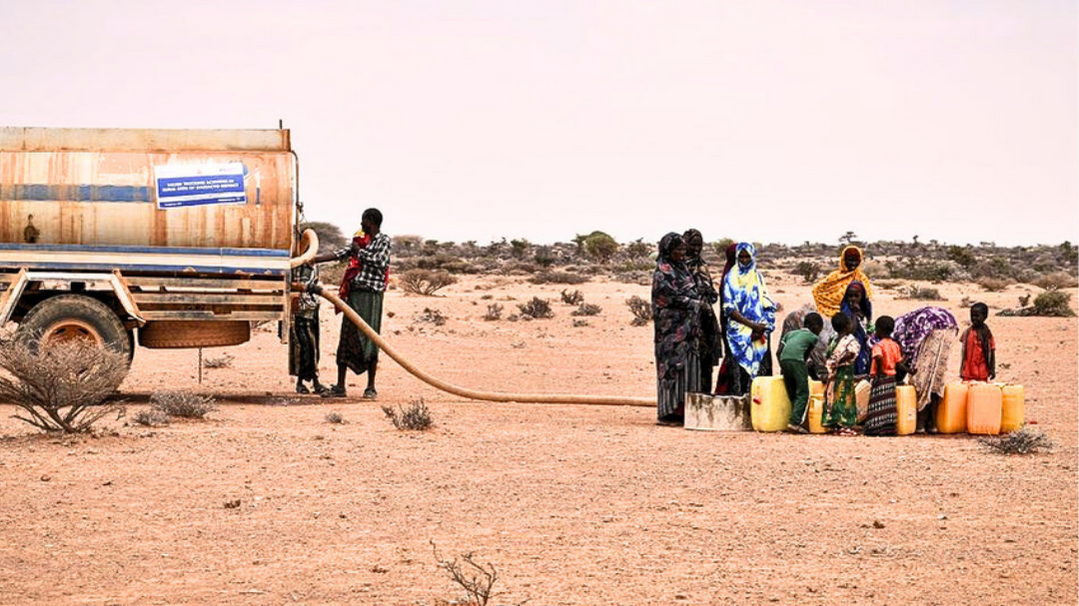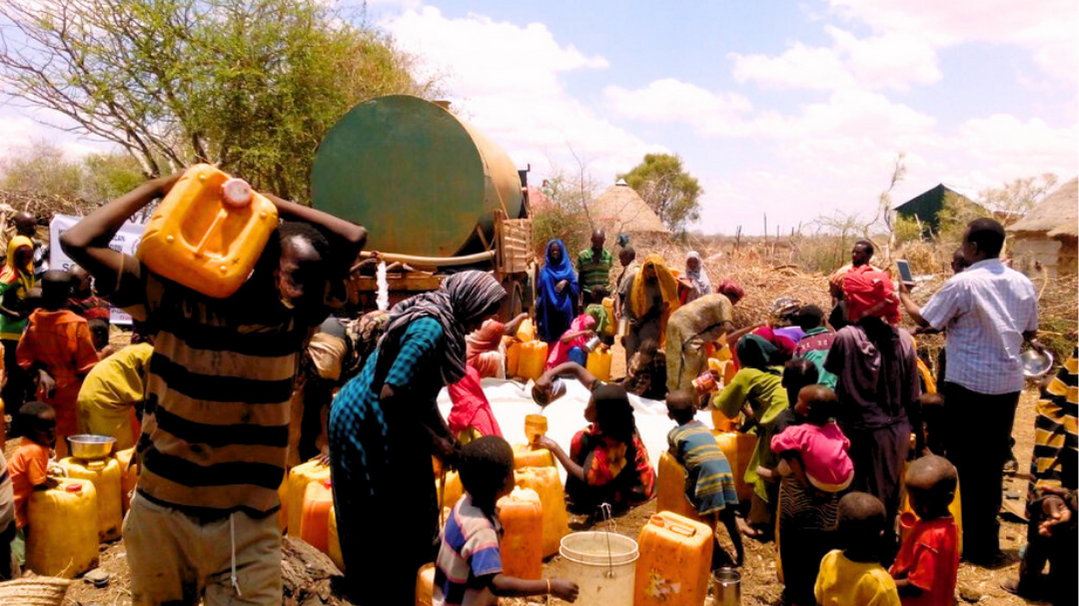IDTC's Impactful Final Evaluation of IOM-Funded WASH Project
In the arid landscapes of Luuq District, Somalia, where access to clean water and sanitation remained a persistent challenge, the Institute of Development and Training Consultants (IDTC) took center stage in evaluating the outcomes of a transformative Water, Sanitation, and Hygiene (WASH) project funded by the International Organization for Migration (IOM). The Final Evaluation of this project reflected IDTC's commitment to ensuring sustainable solutions that enhanced the well-being of communities and laid the foundation for a healthier, more resilient future.
Background
Luuq District, situated in the Gedo region of Somalia, faced the dual challenge of water scarcity and inadequate sanitation infrastructure. Recognizing the urgency of addressing these issues, IOM collaborated with IDTC to assess the implementation of a WASH project aimed at improving access to clean water, promoting hygienic practices, and enhancing sanitation facilities in the region. The Final Evaluation conducted by IDTC served as a comprehensive assessment of the project's impact on the community.
Project Objectives
- Enhancing Access to Clean Water: The primary goal of the WASH project in Luuq District was to provide sustainable access to clean and safe water sources. IDTC's Final Evaluation scrutinized the effectiveness of the implemented water infrastructure, including boreholes, wells, and water distribution systems.
- Promoting Hygienic Practices: Hygiene education and behavioral change were integral components of the project. IDTC assessed the success of hygiene promotion campaigns and educational initiatives that aimed to instill better practices within the community, ultimately reducing the incidence of waterborne diseases.
- Improving Sanitation Facilities: The project sought to elevate sanitation standards by introducing improved sanitation facilities and promoting community-led sanitation initiatives. The Final Evaluation meticulously examined the impact of these interventions on overall sanitation conditions in Luuq District
- Community Empowerment and Participation: IDTC placed a special focus on evaluating the extent to which the project empowered the local community. This included assessing the involvement of community members in project planning, implementation, and the sustained maintenance of WASH infrastructure.

